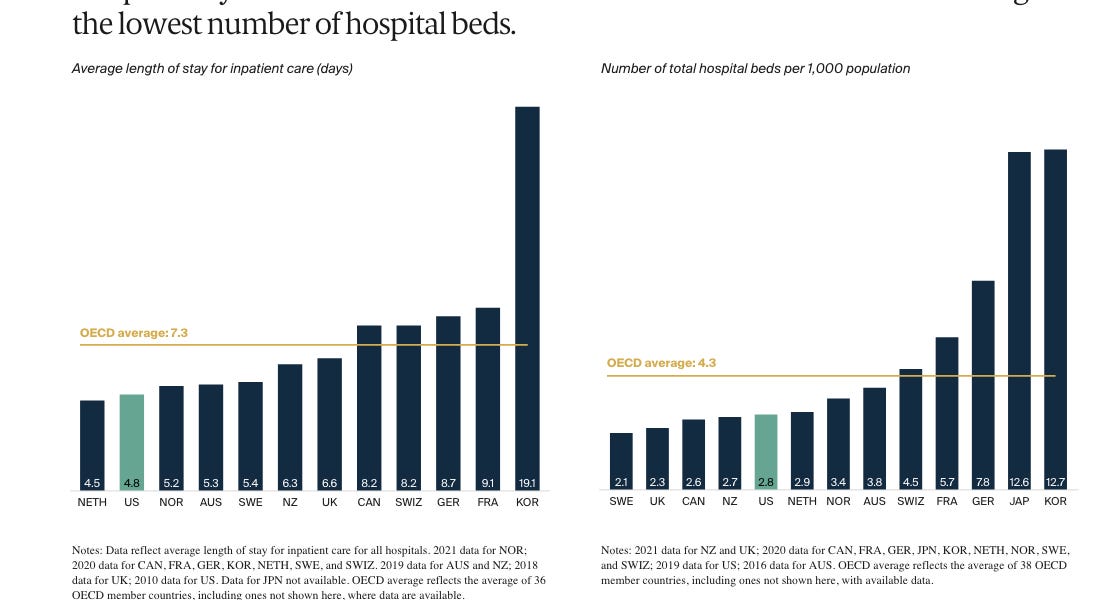Essentials, January 13, 2025
News and commentary for understanding and coping with the years ahead... You expected empathy? Trump’s thuggish response to the

News and commentary for understanding and coping with the years ahead...

Eric Trump flew across the world to headline a cryptocurrency conference in the United Arab Emirates this week and told thousands of enthusiastic attendees that he and his father, the U.S. president-elect, were effectively working in tandem to push crypto, a business sector the family is directly invested in. The message was notable because it contrasted drastically with the promise the family made when Donald J. Trump entered the White House four years ago, to keep business and government operations separate.
This announcement two days ago – detailing corruption from Trump and his family and chronicled ever so politely by the New York Times – would have set off days or weeks of holy-crap coverage by Big Journalism if the family involved had been Barack Obama's or Joe Biden's. But it's mostly out of sight now. That's the disappointing norm. Our political press has rarely discussed the president-elect's family sleaze as anything much more than Trump being Trump. The company they launched this fall is made to order for transferring large sums of money from "investors" to Trump. The Middle East connection raises the stink level even higher. But what makes this example of upcoming grift more worrisome than usual is that it involves one of the most dangerous sectors in or near our economy: cryptocurrency. (By the way, when the Times refers to the Trumps' "message" from the first administration – the immediately broken promise to keep family business and government separate – as being different now, that's laughably naive. And, by the way, it was eight years ago, not four as the article says. Are there any copy editors left at the Paper of Record?)

Crypto’s future is uncertain, but its legacy, at least in the short term, seems clearer than it did before November 5. It turns out that cryptocurrencies do have a very concrete use case. They are a technology that has latched on to, and then helped build, a culture that celebrates greed and speculation as virtues just as it embraces volatility. The only predictable thing about crypto seems to be its penchant for attracting and enriching a patchwork of individuals with qualities including, but not limited to, an appetite for risk, an overwhelming optimism about the benefits of technology, or a healthy distrust of institutions. In these ways, crypto is a perfect fit for the turbulence and distrust of the 2020s, as well as the nihilism and corruption of the Trump era.
The headline of this Atlantic piece is remarkably dense, because a legacy comes after someone's or something's demise, not just some triumph or trouble along the way. The cryptocurrency sector has already been through one epic bubble, rewarding early grifters and ripping away too many people's life savings. But the bubble is back, more inflated than ever. The "use case" posited here isn't about usefulness in any traditional way. It's how countless grifters will have turned their invented-from-whole-cloth wealth into actual money (you know, dollars), how countless poorly informed speculators who think they're investors will end up fleeced, and in the worst case how crypto assets – sorry, commodities – could easily bring down our entire financial system and spark a global depression. I'm looking for ways to shield what assets I do have from the terrible things I believe are coming.
Kudos: Charlie Warzel

The new reports were released as the crypto industry spent more than a quarter of a billion dollars to help elect pro-crypto candidates to Congress and place key allies in the incoming Trump administration. More than 270 pro-crypto candidates were elected to the House of Representatives and the Senate will have more than 50 pro-crypto lawmakers — making it all but certain that a number of the industry’s demands for loose regulatory oversight will be enacted.
It's no surprise that Wall Street and the Federal Reserve are loudly worried about crypto's potential downsides. But it's not cynical to assume that some portion of their trembling is mostly about the possibility that Wall Street will miss out on getting a share of the next tranche of loot to liberated from the bank accounts of regular people who are salivating at the promises of easy riches. That doesn't mean the warnings are wrong. We could be in for the ultimate financial meltdown. Wall Street is corrupt by design, when it collaborated with the sharks in the real estate industry, everything came close to collapse in 2008. Will we have guardrails of any kind going forward?
Kudos: Freddy Brewster


It’s not that profit is bad, or that we need a specific form of public or private payment. Any model can work. But we have to eliminate bargaining power and conflicts of interest as the key strategic goals among health care executives; that’s the premise of the Hawley/Warren bill to split off pharmacies from the rest of the health conglomerate. Let’s go further and do it across the board, forcing firms to divest lines of business that create conflicts of interest. We also need publicly available, clear prices where people pay the same price for the same good or service, as Indiana Republican Senator Jim Banks suggests for hospitals. If we can put those incentives in place, then a lot of these companies will split themselves apart, since it won’t be worth it to be a large inefficient conglomerate.
I can't recommend this newsletter post strongly enough. It's a deep dive into healthcare economics from of our finest analysts of how monopolists and cartel creators have been ruining countless lives by taking malign control of key sectors of our economy. Nowhere has this ugly trend been more obvious than in health, which as he points out is a collection of operators with epic conflicts of interest and – to make more money – contempt for human beings. A key interesting element of this piece is that the co-sponsors of legislation aimed at applying tough pro-competition policies are one very left-of-center senator and another very right-of-center senator. This is encouraging. The public has been ready for major surgery on the cartel for years. Maybe the people who can actually make it happen are finally paying attention.
Kudos: Matt Stoller
This newsletter is a compendium of the reporting and commentary that best explains the America's political, economic, and social conditions – and, most important, how we can find a way back from the dark days ahead. You will rarely find anything here from the New York Times or Washington Post or any of the other Big Journalism companies that failed us so completely during the 2024 elections and are now sucking up – even more than usual – to Donald Trump, his cult, and corporate oligarchs. My focus will be on smaller, more honorable outlets (and individuals). I hope you'll support them with your attention and your money. For more details, please read my About page.
I spend a lot of time looking for essential coverage, and hope you'll help me by letting me know about the good stuff you find. Let me know.
Was this forwarded to you? If you would like to have your own free subscription, please click here.